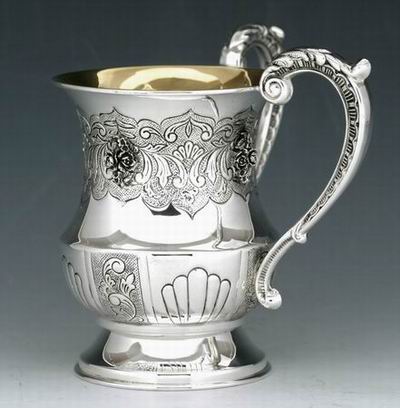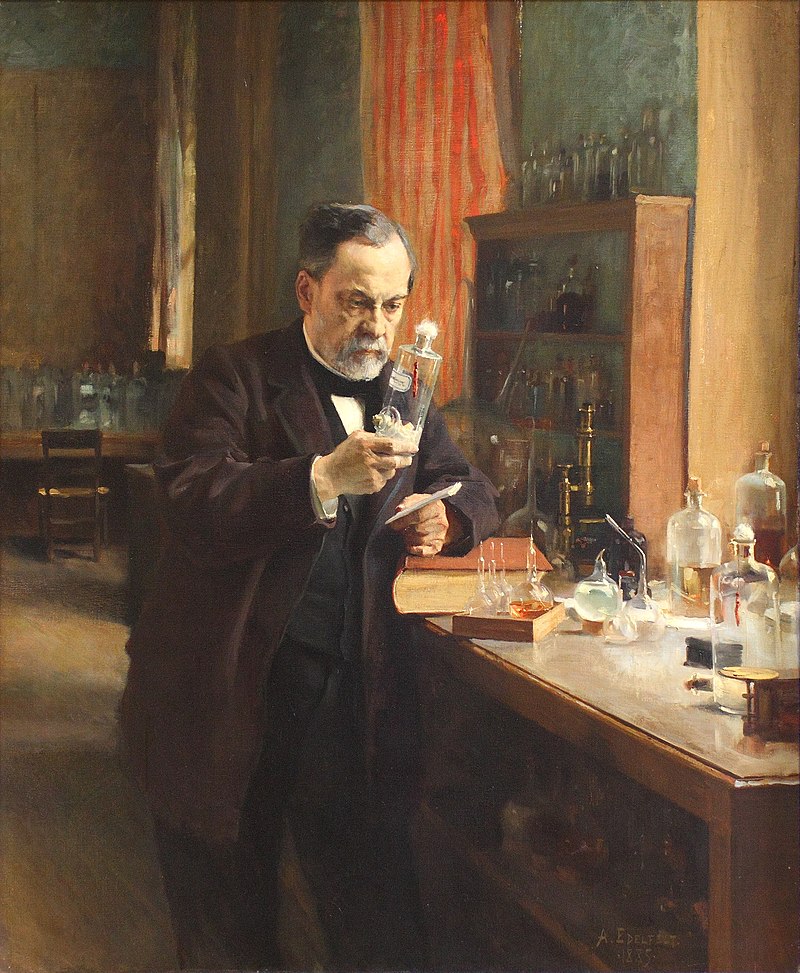Last Saturday, 8 July, Archbishop Joseph Augustine Di Noia OP, Assistant Secretary at the Congregation of the Doctrine of the Faith in the Vatican, ordained Fr Philip Mulryne OP to the priesthood in St Saviour's Church in the heart of Dublin.
Archbishop Di Noia and Fr Philip [Irish Dominicans' website]
The new priest has an unusual, though not unique, background in that he is a former professional footballer, having played for Manchester United and a number of other British soccer clubs between 1997 and 2009, and for Northern Ireland 27 times during that period.
Father Philip entered St Malachy's Seminary in his native Belfast in 2009 to study philosophy in preparation for becoming a priest in the Diocese of Down and Connor, which includes that city. But while studying theology in Rome he felt a call to the Dominican Order and joined their novitiate in Cork in 2012.
Brother Robert Krishna OP [Source]
On Saturday 15 July Archbishop Anthony Fisher OP will ordain his fellow Dominican, Brother Robert Krishna, to the priesthood. Brother Robert's story is a little more unusual than that of his newly-ordained confrere. He is from India and his journey led him from Hinduism to atheism to agnosticism to Anglicanism in Australia and, finally to Catholicism.
The Catholic Weekly report [my emphases added] says:
Around this time, Br Robert encountered some Catholics at Sydney University.
One thing which impressed him was the fact that there were many young Catholics who were happy in living what the Church teaches.
“I was converted through their example and conversations, rather than through their arguments” he said.
Of the latter, one which sticks out was the exasperated comment of the chaplaincy convenor at the time, Robert Haddad: “You’re never going to get all the answers to all your objections, and at some stage, you need to make a leap of faith.”
It was a throwaway line, but it contains a truth which bothered Br Robert until it ended up convincing him. He was received into the Church in 2003 and confirmed a year later by then-Bishop Anthony Fisher OP, who had just been ordained a Bishop. Robert Haddad was his confirmation sponsor.
God always speaks to us through those happy in living what the Church teaches. And so often God speaks to us through a throwaway line. I remember one such line by Brother Finn, a Christian Brother, in religion class one day when I was in secondary school. Only the best fellows join the Columbans, he said. He had no idea that I was considering becoming a Columban priest. He was referring to former students of his who had taken that step. His throwaway line encouraged me.
St Saviour's Church, Dominick St, Dublin [Wikimedia]
The seed of my own vocation to the priesthood was perhaps sown in this church, where Fr Mulryne was ordained last Saturday. My father loved the solemnity of the High Mass and often took me to one on days such as Easter Monday and Whit (Pentecost) Monday, sometimes to the Dominican church in Dominick Street and sometimes to the Capuchin church in Church Street (St Mary of the Angels). Dubliners usually refer to their churches by the name of the street that they are on rather than on the patronal name. As a child I did not particularly appreciate the High Mass.
Whenever my mother took us 'into town' - the city centre - we usually went by Church Street and would drop in to say a prayer. Occasionally she would take the longer walk and go by Dominick Street where we would also drop in and say a prayer. I remember when I was six or seven being attracted by the white habit of the Dominican friars I saw. Looking back I know that the seed of my vocation was being sown there, though I wasn't aware of it. However when at 13 and 14 I began to seriously think of the priesthood I never considered the Dominicans. But I am grateful to God for the part that they, and my parents, played in my own faith and vocation journey.
A year ago Archbishop Robert Rivas OP of the Diocese of Castries in the Caribbean ordained eight Dominican priests in St Saviour's Church.
Fr Gerard Dunne OP, the vocation director of the Dominicans for many years, gives some ideas on why the Order is attracting men leading successful professional lives in an article by Doreen Carvajal published in The New York Times in 2013, For Friars, Finding Renewal by Sticking to Tradition.
'Sticking to Tradition' did not preclude the Irish Dominicans from being ahead of almost every other order and congregation in Ireland in evangelising 'this digital continent', as Pope Benedict called the internet. May God continue to bless them and, through them, the Church, especially in Ireland and in Australia.
St Dominic Adoring the Crucifixion
Fra Angelico OP [Web Gallery of Art]















